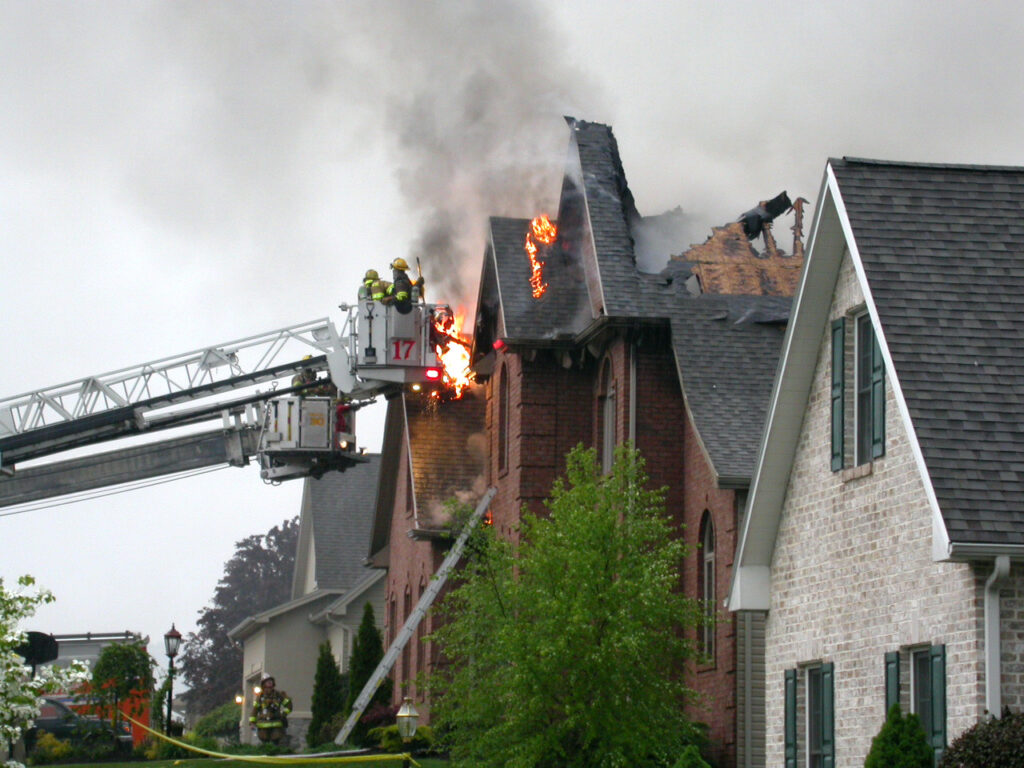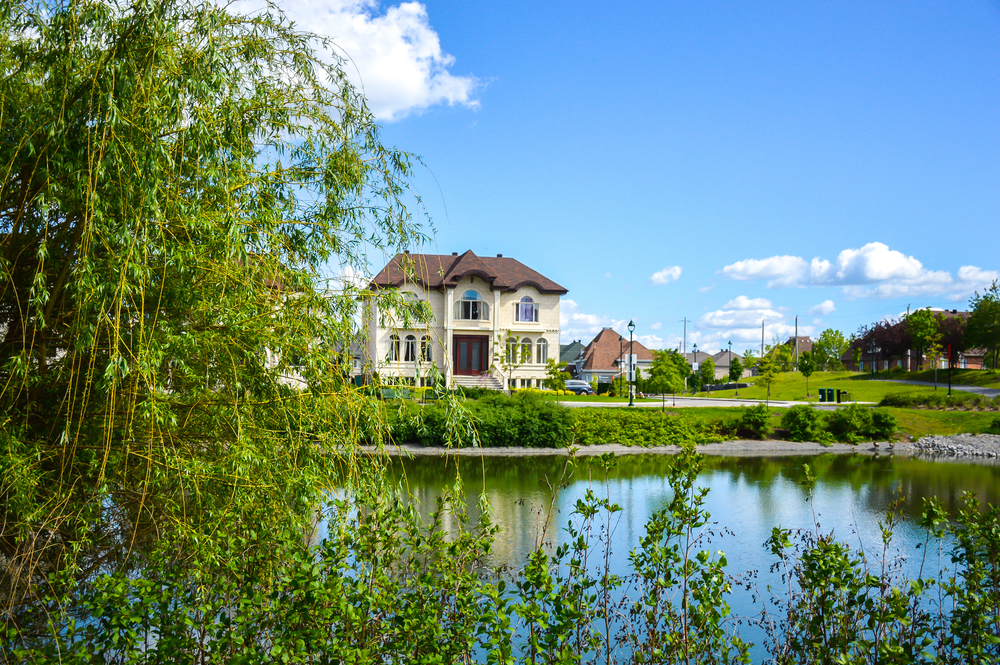In the UK, what happens to a jointly owned property when one of the co-owners dies depends entirely on how the ownership is structured. Joint tenants? The survivor gets it automatically. Tenants in common? The deceased’s share becomes part of their estate and goes through probate.
Let’s break it all down.
Understanding Types of Joint Ownership
Before we get into what happens after someone dies, you’ve got to know how the property is owned in the first place. There are two main ways joint property can be held:
Joint Tenants
Joint tenancy is a bit like having one big pizza — shared equally, with no specific “slice” belonging to anyone. If you hold your property as joint tenants:
- You both own the whole property — legally and beneficially.
- You can’t pass on your share in a will.
- When one owner dies, the other automatically inherits the whole thing — this is known as the right of survivorship.
Simple, right? But sometimes, that simplicity creates complications, especially in blended families or when inheritance tax planning is a concern.
Tenants in Common
This one’s more like having your own slice of the pizza.
- Each owner has a defined share (doesn’t have to be equal).
- No right of survivorship.
- When one owner dies, their share becomes part of their estate, which means it’s distributed via their will (or intestacy if there’s no will).
If you’ve got complex family arrangements or you want to pass your share to your children rather than your partner, this is usually the route people take.
How to Check the Ownership Type
Not sure whether you’re joint tenants or tenants in common?
Here’s how to find out:
- Land Registry Title Deeds: You can download a copy from the Land Registry website for £7. Look at the Proprietorship Register. If it contains a “restriction” — for example: “No disposition by a sole proprietor…” — that’s usually a sign the property’s held as tenants in common.
- Form JO: This is used to record how a property is held when bought jointly. You should have one in your paperwork. It will look like this.
- Notice of Severance: If a joint tenancy was converted into tenants in common, there should be a severance document. This often happens during estate planning or divorce.
Pro Tip: If there’s no restriction on the title, and no severance notice has been filed, it’s most likely a joint tenancy.
What Happens When a Joint Tenant Dies?
This is the easy one.
Automatic Transfer of Ownership
If two people own a property as joint tenants and one dies:
- The surviving owner automatically becomes the sole legal and beneficial owner.
- There’s no need for probate to transfer the property.
- All you need is the death certificate, and Land Registry can update the records. Update this now by clicking here.
It’s quick, clean, and avoids a lot of the red tape. But there’s a flip side…
Legal and Financial Considerations
While the property transfers easily:
- The surviving owner becomes 100% liable for any mortgage. If it’s a joint mortgage, you now carry the full responsibility.
- Means-tested benefits or care fees could be impacted, since your property ownership has increased.
- It also affects inheritance tax planning — the property is no longer shared, so the survivor owns 100% of it and must plan accordingly.
You might want to check out these following articles that dive deeper into some of these subjects:
- How to Avoid Inheritance Tax Legally (UK)
- Inheritance Tax: The 7 Year Rule Explained
- 10 Ways to Avoid Selling Your House to Pay for Care
What Happens When a Tenant in Common Dies?
Unlike joint tenancy, death doesn’t transfer ownership automatically. The deceased’s share enters their estate.
Property Share Becomes Part of the Deceased’s Estate
When one of the owners dies:
- Their share of the property doesn’t go to the surviving co-owner automatically.
- Instead, it becomes part of their estate and is distributed according to:
- Their will (if one exists), or
- The rules of intestacy (if there’s no will).
- Probate is usually required to sell or transfer the share — unlike joint tenancy, where a death certificate suffices.
This can lead to delays, especially if the estate is complex or the will is disputed.
Role of Executors and Trustees
In this scenario, the executor named in the will (or administrator, if there’s no will) has to:
- Apply for probate using a PA1P form (or PA1A for intestacy cases).
- Obtain a Grant of Representation — which legally authorises them to act.
- Sell the deceased’s share of the property, transfer it to a beneficiary, or allow the surviving co-owner to buy it.
Here’s where things can get tricky: if the surviving co-owner wants to keep the property, they’ll usually need to negotiate with the executor — or the beneficiaries — to buy out the deceased’s share.
If they can’t agree, it might go to court under the Trusts of Land and Appointment of Trustees Act 1996 (TOLATA).
Inheritance Tax Implications
Here’s where HMRC steps in.
- The deceased’s share in the property forms part of their estate for inheritance tax purposes.
- If the estate (including the property share) is worth more than £325,000, inheritance tax (IHT) may apply.
- Transfers to a spouse or charity are exempt.
- If the property is left to children or grandchildren, the estate may qualify for the residence nil-rate band (an additional £175,000 tax free allowance as of 2024–25).
Important: Even if no tax is due, you’ll likely need to submit a summary or full IHT return with the probate application — especially if the share in property pushes the estate over the reporting threshold.
What If the Surviving Owner Wants to Sell the Property?
Whether you’re the survivor or the executor, here’s what happens depending on the ownership type:
Joint Tenant Scenario
Easy peasy:
- As the sole legal owner, the survivor can sell the property outright.
- No need to seek anyone else’s permission.
Just make sure the Land Registry title has been updated to reflect the death — which only requires the death certificate.
Tenant in Common Scenario
This one’s more involved:
- The surviving owner can’t sell the whole property on their own.
- They’ll need the consent of the deceased’s executor or trustee.
- If the executor disagrees — or the beneficiaries want to keep the property — it can lead to delays or even legal disputes.
We’ve seen cases drag out for months (even years) because one party refused to cooperate.
Disputes and Complications After Death
Unfortunately, even with the best intentions, disputes around jointly owned property after death are fairly common — especially where family dynamics or unclear paperwork come into play.
Disagreement Over Ownership Type
One of the most frequent issues we see is a conflict over how the property was owned.
Let’s say:
- One party believes they held the property as joint tenants (so they get full ownership automatically), while
- Another claims there was a severance, making it tenants in common (meaning the share goes into the estate).
This is where documentary evidence is everything.
- If a notice of severance was served before death — and ideally lodged with the Land Registry — it may override the default joint tenancy.
- But if the severance was only spoken about or informally agreed? It can be challenged.
These disputes can end up in court, where the surviving party must prove their version using evidence like:
- Emails or letters
- Copies of the severance notice
- Witness testimony
- Property ownership documents
Tip: If you’re concerned about a dispute arising later, get legal advice and update the Land Registry now — don’t leave it to your loved ones to sort out.
When Other Beneficiaries or Heirs Disagree
Now things get messier.
This happens often when:
- There’s a blended family — e.g. stepchildren or second marriages
- Estranged family members come out of the woodwork
- There’s no will, or the will is vague or outdated
Beneficiaries may:
- Challenge the will
- Disagree on whether the property should be sold
- Want different things — e.g. one wants to move in, another wants cash
In some cases, the Trusts of Land and Appointment of Trustees Act 1996 (TOLATA) can be used to apply to court to:
- Force a sale
- Determine shares
- Appoint independent trustees
But court action takes time, money, and often causes irreversible family rifts.
Key Advice: If you’re making a will and own property as tenants in common, be crystal clear about your wishes. If you’re a surviving co-owner, speak with a solicitor before taking any action — especially if there are other interested parties.
Joint Ownership and Probate: What You Need to Know
Probate is the legal process that gives someone authority to deal with a deceased person’s estate. But whether probate is required depends largely on how the property was owned.
Do You Need Probate for Joint Property?
Let’s break it down:
If the Property Was Held as Joint Tenants:
- No probate is required for the property.
- Ownership passes automatically to the surviving owner via the right of survivorship.
- However, probate might still be needed for other assets — e.g. bank accounts, investments, or additional properties held solely by the deceased.
If the Property Was Held as Tenants in Common:
- Yes — probate is required to deal with the deceased’s share of the property.
- This applies even if the surviving co-owner is living there.
- The executor or administrator can’t sell or transfer the deceased’s share without a Grant of Probate (or Letters of Administration).
So while joint tenancy makes things easier legally, tenants in common brings the property into the full estate administration process — which means forms, legal steps, and possibly tax implications.
Registering the Death with HM Land Registry
Even when probate isn’t needed, you still have to update the Land Registry.
Here’s what you need to do:
- Send the death certificate to HM Land Registry.
- Fill in Form DJP (for removing a deceased joint proprietor).
- Include proof of identity and the title number for the property.
- There’s no fee for this service.
Once processed, the surviving joint tenant becomes the sole registered owner.
Note: If the property is held as tenants in common, don’t use Form DJP to transfer the deceased’s share — this can only happen once probate is granted.
How Property Rescue Can Help
Whether you’re a surviving co-owner or managing an estate as an executor, dealing with property after a death can be a right hassle. Legal delays. Family tensions. Uncertainty. Paperwork for days.
This is exactly where we come in.
Navigating a Property Sale During Probate
If a property is held as tenants in common and part of the estate needs to be sold — to release funds, settle debts, or distribute assets — the process can be slow.
But it doesn’t have to be.
At Property Rescue, we:
- Buy directly from executors or surviving owners.
- Don’t require the property to be “market-ready” — we buy in any condition.
- Provide fast cash offers — ideal when the estate needs liquidity or a quick resolution.
And we’ve helped hundreds of families across England and Wales do exactly that.
Avoiding Long Delays and Legal Costs
Let’s be honest: traditional sales can drag on for months. Estate agents. Chains. Surveys. Cold feet from buyers.
With us, you skip all of that.
- No estate agents
- No legal wrangling
- No fees
- No waiting
We offer a free, no-obligation cash offer within 48 hours. If you accept, we’ll guide you through the sale with our in-house legal team — at no cost to you.
So whether the property is mid-probate, disputed, or just needs to be off your plate, we’ll sort it.
At Property Rescue, we’ve been doing this for over 20 years. We buy fast, fairly, and with compassion — no matter the legal or emotional complexity.
Get your free, no-obligation cash offer today or contact us to speak with a friendly advisor who understands exactly what you’re dealing with.





